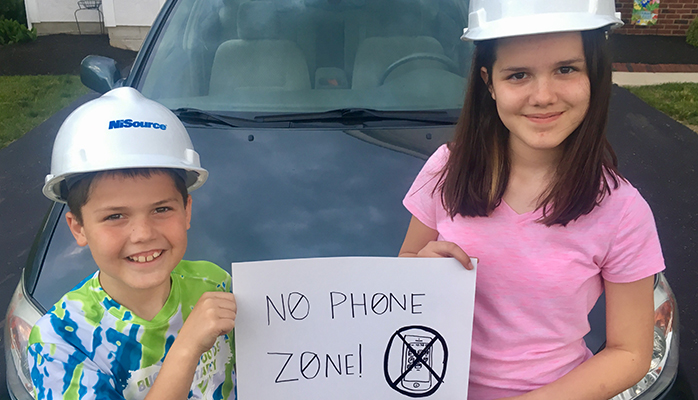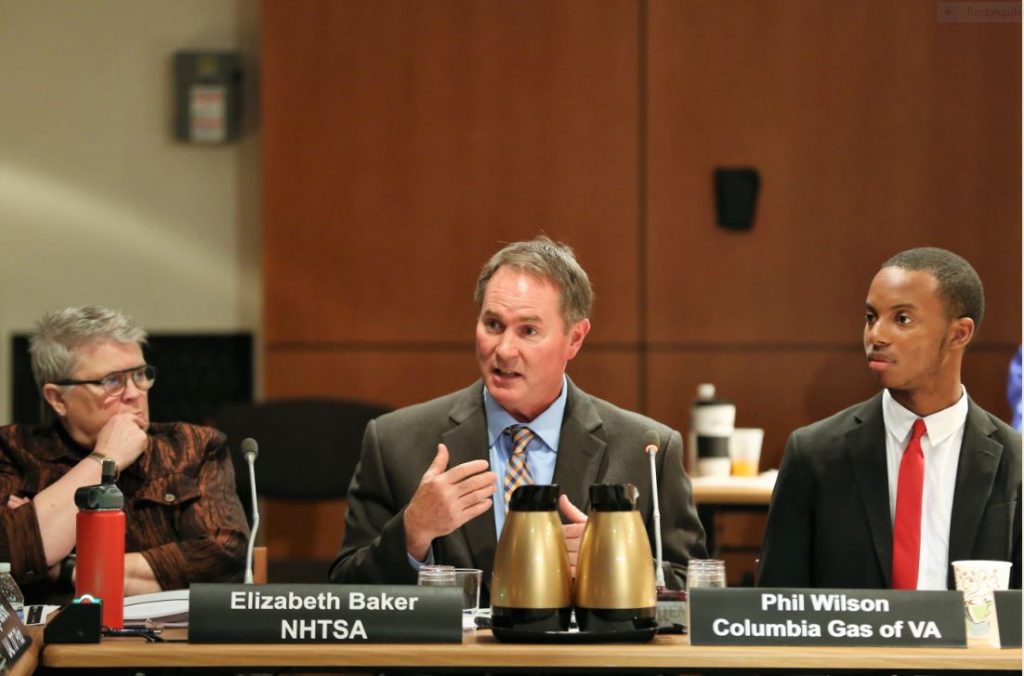
At Fortune 500 energy company NiSource, safety is not just a priority, it is one of the company’s core values. This not only applies to the services NiSource provides to 3.5 million natural gas customers and 500,000 electric customers across seven states, but also to the company’s 8,000 employees, all of whom are committed to driving a total of about 60 million miles this year without using mobile devices.
NiSource is one of a growing number of companies that have eliminated mobile device use while driving. Under a policy instituted last year, employees are not allowed to use their cell phones while driving— including those devices that are hands free. According to Phil Wilson, vice president and general manager of NiSource subsidiary Columbia Gas of Virginia, it was a big move, but one that was absolutely necessary.
“Our employees have one job when they’re behind the wheel— driving,” Wilson said.
Columbia Gas of Virginia serves more than 260,000 customers spread across 91 communities. Since much of the company’s employee time is spent out of the office, more and more employees were placing themselves in potentially dangerous situations, taking conference calls or other work related phone calls while driving. They realized something had to be done.
NiSource’s executive leadership team made the decision to ban all cell phone and mobile device use while driving on behalf of the company, a rule that stretches all the way from the CEO to the field employees. “We felt like from a corporation standpoint, a company that wants to be a top-tier safety organization, that… we could not get where we wanted to be as an organization without addressing this head on,” Wilson said.

“All of our employees had potential distractions in their vehicles, including cell phones, mobile data terminals, computers and pagers. We felt that it was important to send a strong and clear message about the importance of eliminating those distractions we could control, so that we could focus on driving defensively and being prepared for what we can’t control,” Wilson explained when describing how executive leadership came to the decision to go completely hands-free while driving.
Like implementing any new initiative, introducing the ban on mobile device use had its challenges, but Wilson stated it was met with support from employees.
“Any time there is change and you’ve been operating in [a certain] mode for a while, it does take time to transition just because that’s the way you’ve always operated. However, you can’t deny the safety message that it sends, not only to our front-line folks, but also to the leadership team,” Wilson said.
“We are a very heavily safety sensitive organization,” Wilson reiterated. “We all supported [the new initiative], it just took a little time for us to adjust, to make sure that we continue to be productive and stay safe.”
Despite what others might assume, Wilson stated that this new policy has not had any negative effects on the organization’s productivity. “Our executive leadership made the decision to say ‘It’s okay, you don’t have to participate in that call, you might be a little late and we understand. Take the time you need to pull off on the side of the road to a safe place to get connected if you need to, but not while you’re driving,’” he explained. “We’re an emergency response organization and we ask that [our employees] get there as soon as safely possible, focused on the most important task at hand— including driving. From a productivity standpoint I can’t say that we’ve seen anything significant, or even marginal, as a result of the ban— except for an improvement in our driving.”






